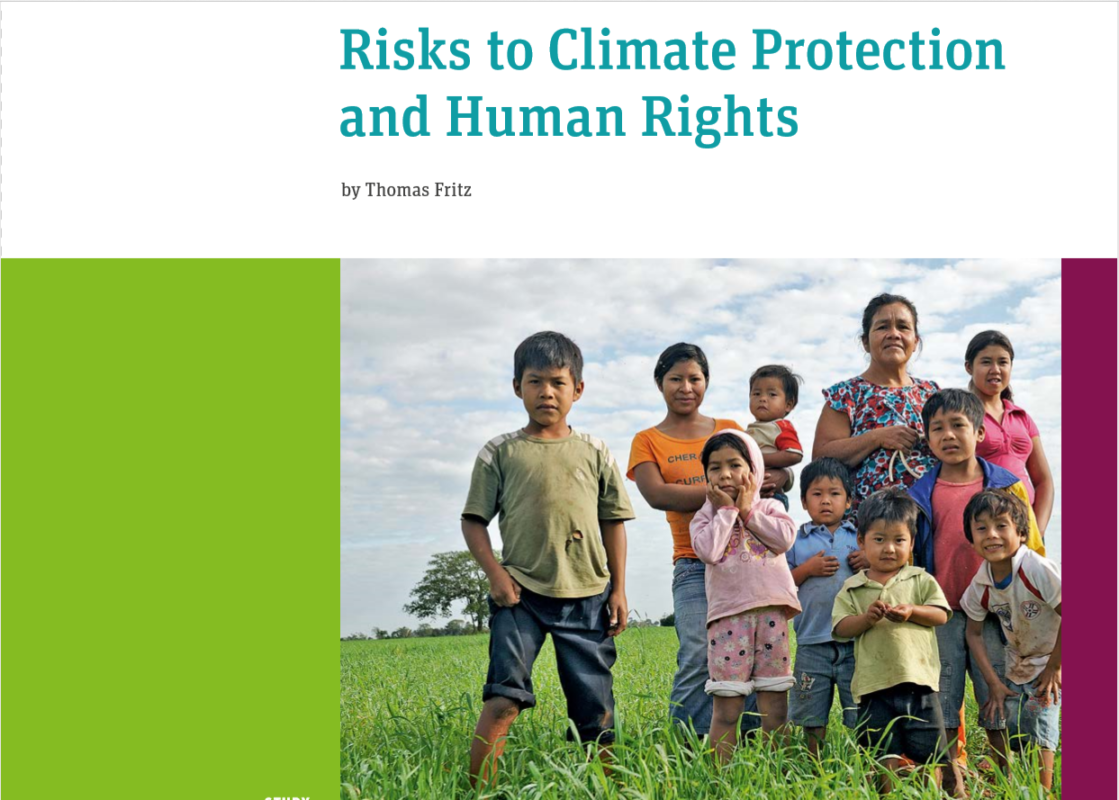Scroll down this page for infographics
On June 28, 2019 the EU and Mercosur concluded the negotiation of the text of the Association Agreement. Besides Trade, the deal includes two additional pillars on Political Dialogue and Cooperation. However only the Trade pillar has been published raising concerns about the impacts that agreement would bear on human rights and the environment as no human rights clause or sustainability impact assessments have been made available.
The EU argues that the accompanying pillars will provide the necessary political framework to leverage compliance with the Paris agreement goals in order to mitigate the impacts the increase in trade imposes on people and nature. However Brazil’s systematic deregulation on environmental protection and deforestation and the government’s consistent push to open protected areas and indigenous reserves to mining and agribusiness shows little to no interest in withholding to international standards. As it stands now, the agreement poses many risks for the protection of forest areas and the local communities that look after them, in particular indigenous peoples.
The present study looks at such risks through the lenses of the interrelation of Trade with the socio-ecological crisis. In the context of political volatility, several European states (France and Ireland as well as the Austrian, Dutch and Wallonian parliaments) have started to openly oppose the finalization of the agreement in its current form.
Civil society in both sides of the Atlantic is getting organized to expose the cracks and possible impacts of the agreement and to show alternatives to the presumption that an agreement that has been in negotiation for 20 years and can’t be responsive enough to the challenges currently faced by both geographical contexts and now exacerbated by the COVID – 19 crisis.
In view of the German Presidency of the European Council starting on the 1st of July, the German version of this study was released in Germany and Austria earlier this week by Greenpeace and the CIDSE members MISEREOR and DKA. In Belgium, our member Entraide et Fraternite, as part of the national coalition “Stop EU-MERCOSUR” released a declaration warning about red lights flagging the possible consequences of pursuing the finalization of the agreement. CIDSE and other of its members have joined these efforts by adhering to the European campaign to stop the EU-MERCOSUR agreement. This study is, therefore, an important tool to inform the debate.
INFOGRAPHICS:
Contact: Sylvia Obregon, Corporate Regulation and Extractives Officer; obregon(at)cidse.org

